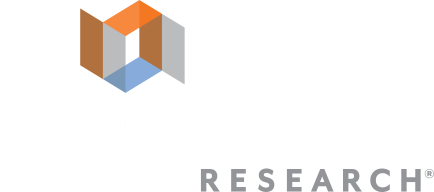As Artificial Intelligence (AI) garners more frequent and alarming headlines surrounding its potential impact on society, angst about the future of many careers is heightened. The democratization of AI will force established professionals to wonder what the future holds for their profession. In the marketing research industry, it is not difficult to see the potential impact of AI. Ask ChatGPT to create a discussion guide for an interview with a consumer about how they choose toothpaste and within a minute a working draft is ready for review.
A recent study by Harvard Business School and Microsoft used a version of GPT-3 “to elicit thousands of simulated customer responses and found that AI can produce demand patterns that resemble those of human studies.” The study compared AI simulated data on toothpaste purchase to actual survey data. In the human survey, research identified an optimal price point of $3.27 for fluoride toothpaste compared to the AI simulated data of $3.40. Not bad for a free 5-minute query that saved $25,000.
Does this mean the days of survey research and skilled analysis are going away in favor of a few quick questions posed to the latest AI system? Hardly, but below are some thoughts on how to prepare for the inevitable shifts in the industry.
Understand the Basics
While it is not necessary to understand the difference between machine learning, natural language processing, and predictive analytics, it is important to try out the latest tool. Load ChatGPT onto your web browser or download an app. Test the technology to understand what it does and when it helps.
Leverage Automation and Data Analysis Tools
AI can automate repetitive tasks and process vast amounts of data quickly. Familiarize yourself with AI-driven tools and platforms designed for marketing research, such as sentiment analysis tools, predictive modeling software, and data visualization platforms.
Provide Critical Thinking
A good rule of thumb with the current AI system – which relies on information from September 2021 and before – is buyer beware. Information can be misleading, biased or dated. Be the critical thinker who fact checks, explores theories and provides insight into the data. Shifting from an analytics-focused professional to interpretation and strategic-insights advisor will be key.
Communication and Activation
While important, data and insight are just part of the puzzle a marketing research professional needs to solve. Communication with the right people and helping activate on the insight are critical skills that make a difference. For some, this will mean getting out of a comfort-zone, but continual learning and upskilling should be the norm going forward.
While this summary was originally conceived and written, one paragraph above was generated entirely using AI. Can you guess which one? The lesson: Embrace the new reality, even if you hate to admit your skills are not as unique today as they were a year ago.
About the Author:
Kurt Steigerwald
Kurt designs and executes research projects for a number of accounts ranging in size from large corporations to start-up entities. His broad base of experience includes serving as Managing Director of a mid-sized research organization and Ohio Practice Marketing Director with a large, multi-national accounting and consulting firm. Kurt has an MBA with a marketing concentration from The Cleveland State University where he also completed his undergraduate studies.

